Political discourse ‘messy’ but ‘valuable’ in school communities, national politics
Photo credit: Anna Brodsky
A photo illustration depicts a lack of political discourse. History Department Chair Bethany Neubauer emphasized the importance of political conversations in the classroom. “More conservative political views are in a minority in our community, but in teaching history and in teaching historical ideas and political ideas, we really want our students to be examining those ideas and not assuming that one is right or wrong,” she said. Graphic design by Anna Brodsky.
In February of 2016, The Higher Education Research Initiative at UCLA released a study that found that the highest share of college students since 1973 consider themselves left of center in terms of political ideology.
Such sentiment is shared at Archer, where, according to an Oracle survey of the student body with 76 respondents, 67.6% of the student body identifies as either liberal or very liberal, while less than 10% identifies as conservative or very conservative.
History Department Chair Bethany Neubauer said that discussing politics in the classroom has become more “challenging” since the 2016 election, which brought political divisions to the fore.
“As history teachers, as a department, we try to really be aware of the fact that as a community there is a really strong bent towards a more liberal political view, but we want to be sure that there is space for everyone to express whatever their political views are,” Neubauer said.
Before the 2016 election, Neubauer and the rest of the history department determined that it was “not appropriate” for teachers to share their political beliefs in the classroom. However, Trump’s comments about Mexican immigrants and religious groups created a “sticky” situation for Neubauer.
“Where things get complicated are when political leaders take positions that are contrary to the values 0f our community and contrary to our mission,” she said. “The current administration, and certainly the president, says things that are really contrary to what we say we are doing at Archer in not respecting people’s religion or ethnicity.”
In situations where “community values” conflict with students “feeling comfortable” politically in the classroom, Neubauer said that the community values are more important.
“I’m more concerned about the student who feels uncomfortable because she feels like her identity is under attack than I’m concerned about a student who feels that her political beliefs are under attack,” she said, “because I feel that one is more elemental and more important.”
Neubauer recounted a class which a Muslim student asked her for her opinion on Trump’s executive order banning travelers from seven majority-Muslim countries. Listen to the audio clip on the right to hear more about this experience.
“For me, that is not a moment for a teacher to say, ‘I don’t want to share my political opinion because that’s not appropriate,'” she said. “I think that sometimes humanity and ethics and morality [are] more important. I felt like it was more important for that kid…How can she feel like she’s a valued member of the community if she’s not sure what people think about that?”
Neubauer connected this issue to a broader question about the role of exploring political ideas.
“There is certainly a [question] in teaching history: Do you do it to teach moral lessons and give students examples and to say ‘You’ve got to call out immoral behavior and violent, destructive behavior?’ Or do you strive for objectivity as much as possible?” she said. “I fall somewhere in between those two. I think we all acknowledge that objectivity is illusory, to say the least, and possibly an illusion, but within that, I think it’s important — as a historian — to see all sides and to think about context.”
Neubauer also emphasized that in part because of Trump’s remarks, Archer students tend to associate some of his views with conservatism in general.
“[It’s important] to help students decouple [conservatism in general and Trump specifically] and say ‘Here are some political ideas, and here’s some really, to me, sometimes some really dehumanizing language,'” she said. “These things don’t necessarily go together.”
Junior Grace Carter, who identifies as socially liberal and fiscally conservative, said that students automatically reject ideas that they might otherwise agree with simply because those ideas are associated with conservative viewpoints.
“Because I’ve had to walk on eggshells, I’ve learned the art of diplomacy — how to let others have it my way. So if I can phrase something in such a way that doesn’t sound like I’m disagreeing, I find a lot of the time that my peers agree with me,” Carter said. “It’s not that they don’t agree with my idea. They don’t like the label that we have assigned to that idea. As soon as they see that conservative label, they think, ‘Well, if I’m liberal, then I can’t agree with that,’ and that’s when that wall goes up.”
Lena Jones, a junior who identifies as moderate, noted that, in comparison to the liberal Archer community, she feels as though her political perspectives feel like they have “a more conservative bent” because truly conservative perspectives “go unsaid so often.”
“When views…are expressed from the liberal point of view so readily and easily, it almost feels as if anything else is extreme,” Jones said. “Even as a moderate, I feel as if I’m portraying some extreme view when, in my mind and in my intuition, I know that it’s not as extreme as it could be.”
Kassie Boyd, a senior at Saegertown High School in Pennsylvania, is a liberal student in what she called “deep red country.” A poll published by her school’s newspaper prior to the 2016 election revealed that 65% of students supported Donald Trump’s candidacy for president, while 21% supported Hillary Clinton’s. Despite the conservative sentiment at her school, Boyd said she has “never been afraid” to express her political beliefs in class discussions.
“Students will scoff or something, but I don’t feel like it’s…judgemental,” she said. “I don’t really care if they think it’s dumb. In order for it to feel judgemental to me, I’d have to be offended…and I’m not. I’m pretty steady in what I believe in.”
Boyd said that a “non-confrontational” atmosphere in the classroom helps her feel “comfortable” expressing her views.
“I’ve always just been really into politics, and I’ve also been really into giving my opinion and speaking my part, so I think it’s important that everybody is represented,” she said. “If you have something meaningful that you think you could contribute, try to contribute it, and maybe not try to sway someone to your side, but try to show them your reasoning.”
Jones also said that aiming to inform rather than persuade has helped her initiate difficult conversations at Archer.
“I believe having the vocabulary to exchange points of view is what has made me more comfortable because knowing how to phrase things and how not to offend but to inform of one’s own point of view is primarily what I seek to do whenever I share those opinions,” she said. “I never seek to prove myself right because…there wouldn’t be an argument if it was that obvious.”
Neubauer emphasized the importance of having students in the conservative minority speak up about their perspectives.
“It’s a really valuable experience for students to engage in discourse, and it’s messy, and it’s not always easy, but we need to hear as many different voices as we can,” she said. “I think that’s the work that teachers do in a lot of situations, [asking,] ‘Why? Tell me more. What’s your evidence?’ In talking about politics, it’s not always that dispassionate, but it’s a really valuable experience for the whole community to be having.”
Jones echoed this sentiment, emphasizing the importance of civil discourse in national politics.
“Without discourse, we have no way of knowing why we’re so messed up. We can’t realize what the issues are what keep us from coming to conclusions: why we’re stagnant, why there are government shutdowns, why there are students protesting and other students protesting protesters,” she said. “We can’t understand that without those quieter conversations that don’t get as much credit as they’re due.”
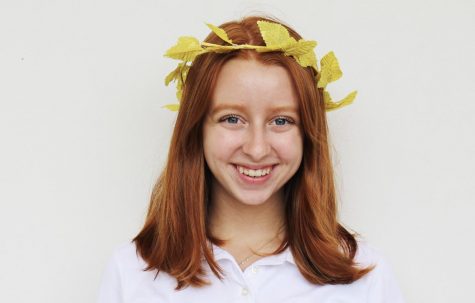
Anna Brodsky joined the Oracle staff in 2016. She took a hiatus for the 2017-2018 school year to fulfill her art credit by serving as copy editor for the...





![Freshman Milan Earl and sophomore Lucy Kaplan sit with their grandparents at Archer’s annual Grandparents and Special Friends Day Friday, March 15. The event took place over three 75-minute sessions. “[I hope my grandparents] gain an understanding about what I do, Kaplan said, because I know they ask a lot of questions and can sort of see what I do in school and what the experience is like to be here.](https://archeroracle.org/wp-content/uploads/2024/03/grandparents-day-option-2-1200x800.jpg)



















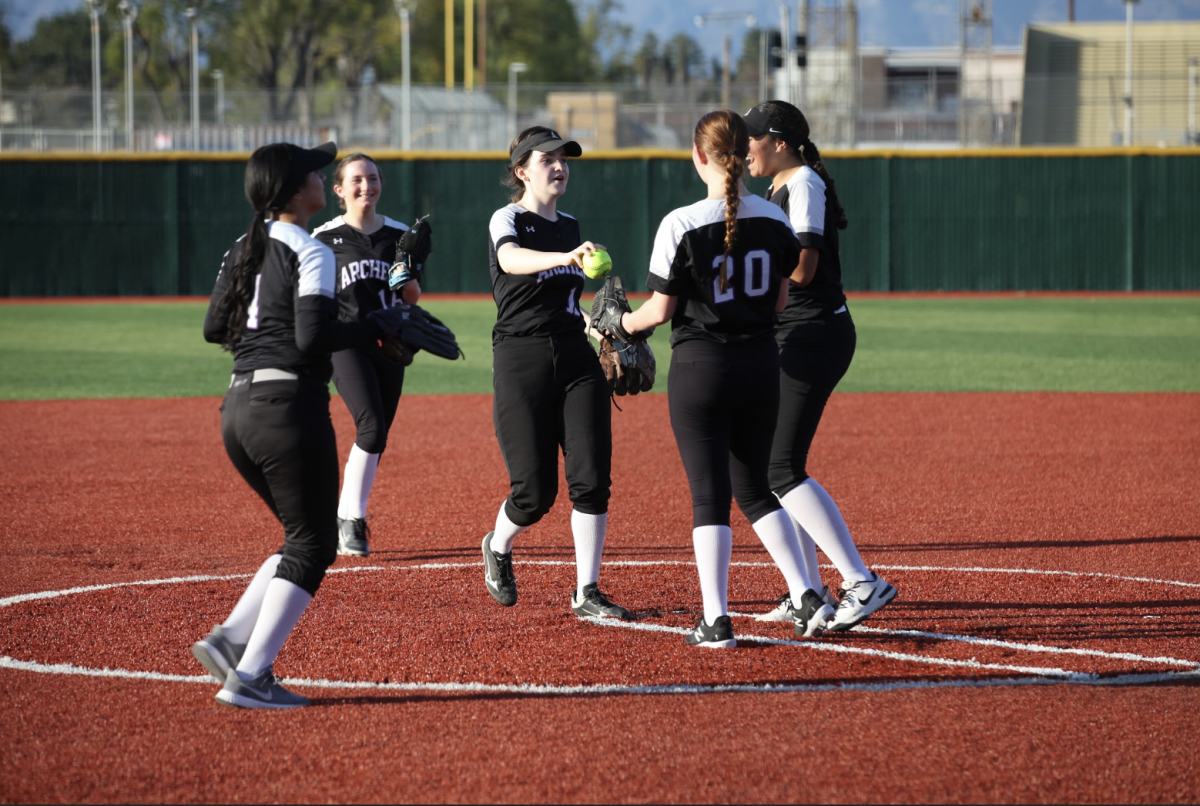
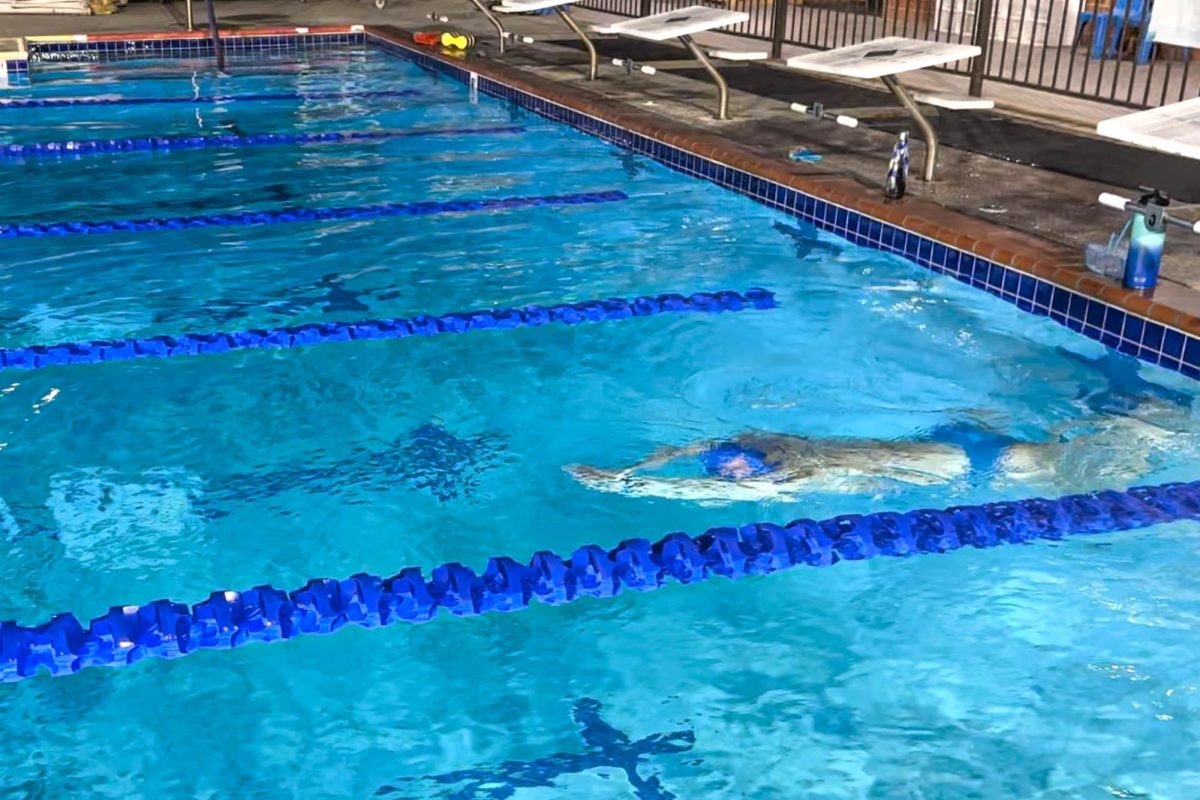

























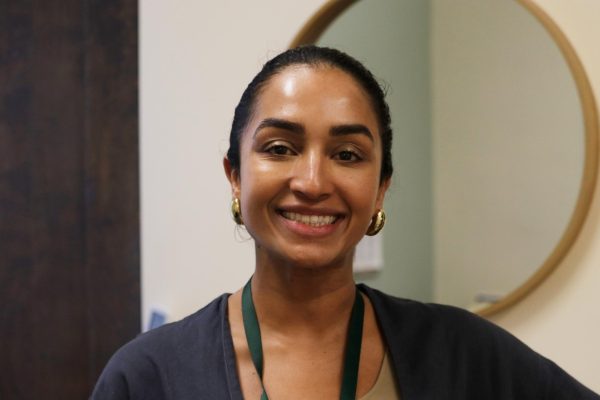
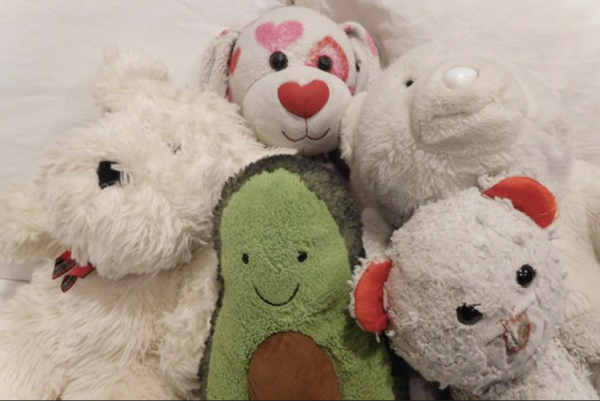
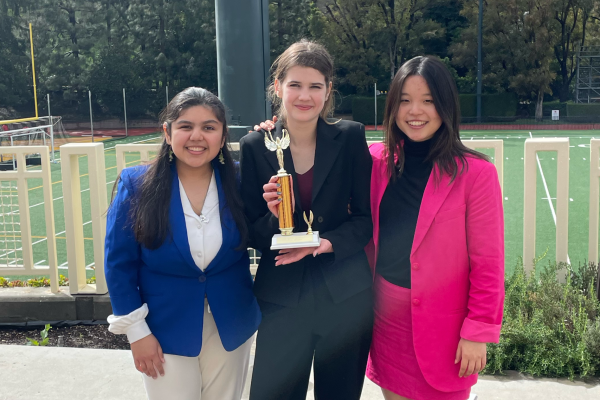
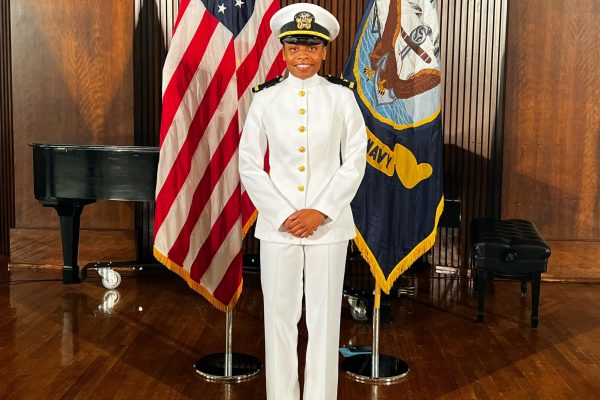



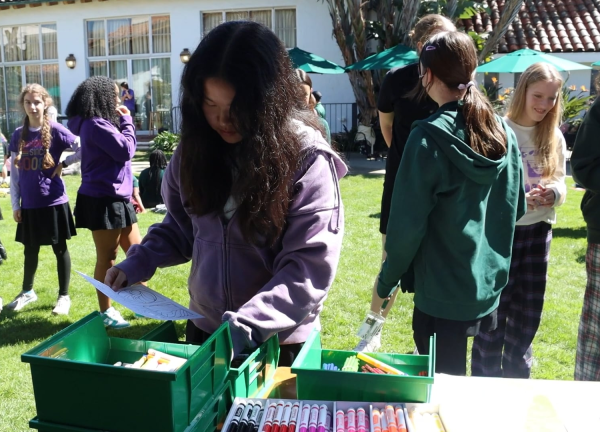
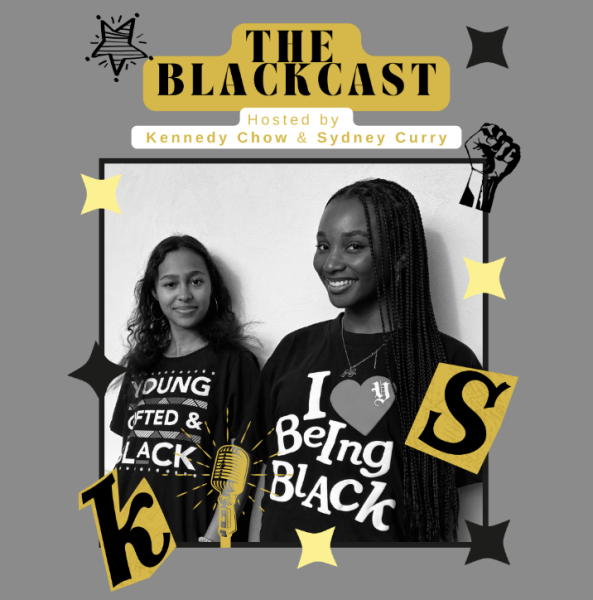
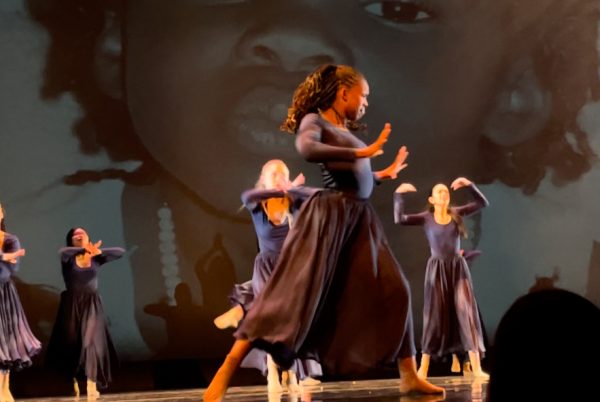
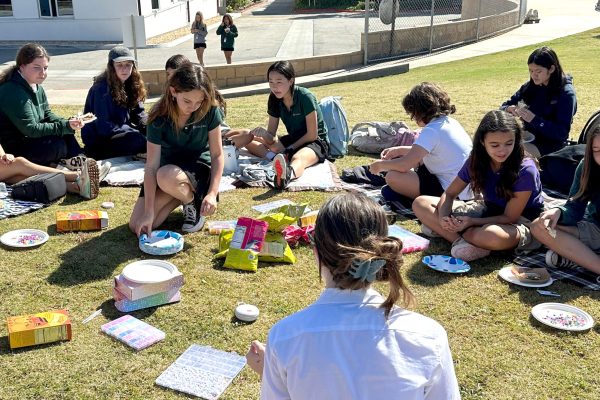

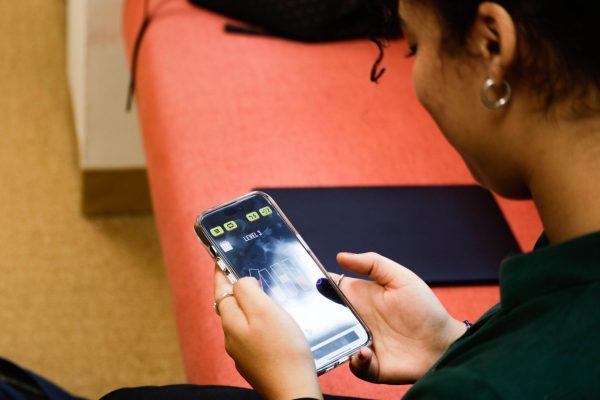
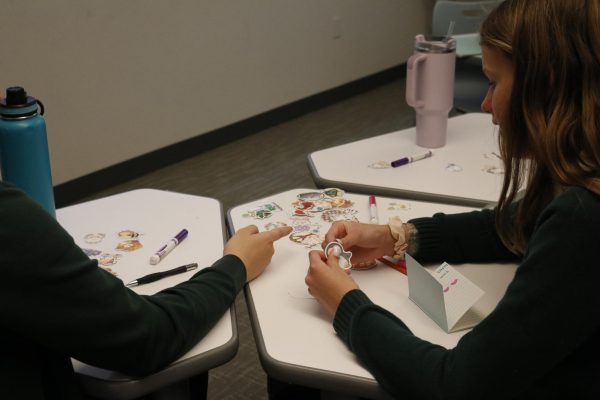

Isabella • Jun 6, 2019 at 9:04 am
Very interesting and informative article Anna! Thank you!